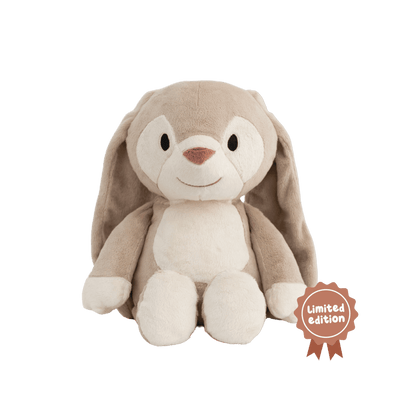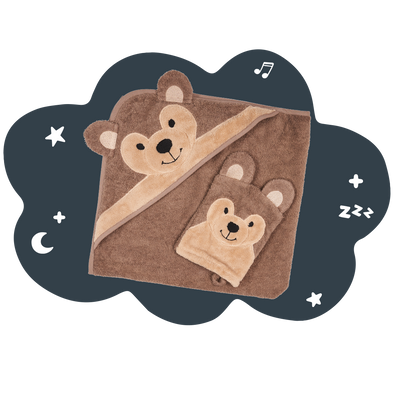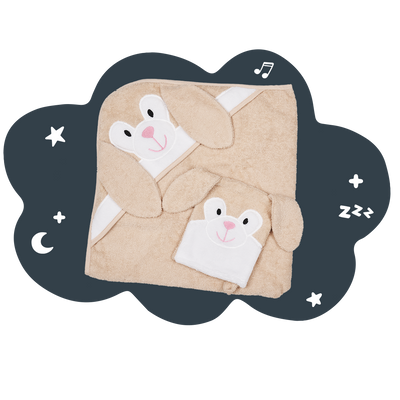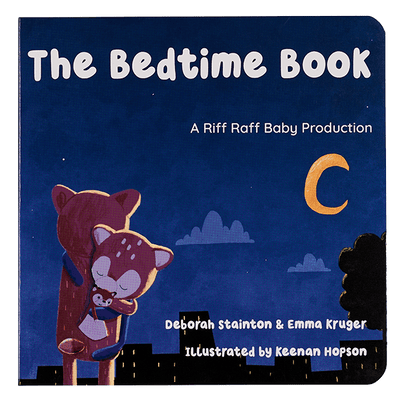
Ways To Nurture Your Bond With Your New-born
Congrats on your newborn! Evolving from pregnancy to childbirth was a wholesome journey, and you did it. Now that your baby’s here, there’s so much you still have to learn—some you’ll learn on the go, others, you can prepare for before the time arrives. One of the things you’ll come to learn as a new mom is how to bond with your baby. While most of it will come to you naturally, there are several ways to groom the bond you have with your baby to make the time you spend together in their first few years unforgettable. Here, we’ve highlighted a few intimate and sweet ways to grow a bond with your new baby, come along!
Why Is Bonding a Necessity?
Bonding is an intense attachment you and your baby develop for each other that makes you shower them with all the love and attention you have to give. It drives your need to protect them, care for them, and nurture them; and they, in turn, grow to love you wholly. Bonding is what gets you up at night because you know your baby needs to be fed. It’s what helps your ears tell the difference between the many different types of cries your baby will cry. While there’s still so much to learn about the science of bonding, scientists agree that the bond built between parents and their child in these first few years is essential for the baby’s social and cognitive development. Bonding and responding to a baby’s signals creates a sense of security and grooms their self-esteem positively.
How Does Your Baby Bond With You?
For babies, the need to bond is there almost immediately—for parents, not always. Sometimes, parents may need to work up to building a sense of attachment to the baby because having a new-born comes with mixed feelings.
Growing a bond with your child may occur during the first few minutes or days of birth, but for some, it may take a little more time. What’s important to remember, is that bonding is a process, and not instantaneous or limited to only a certain period after birth.
For you (parents in general), it comes as a result of daily caregiving. You may not even see or feel it at first, but one day you’re suddenly hit with the realization, and you just know.
For babies, however, forming a bond with their caregiver occurs in different ways.
Let’s see a few of them:
- Touch (hand-holding, skin-to-skin contact, etc)
- Eye-to-eye contact
- Learning your facial expressions
- Imitating your facial expressions and gestures
- Listening to your conversations, communicating with them, and imitating your voice in their own attempts at communication
7 Ways to Bond With Your New Baby
If you’re looking to explore new ways to grow a bond with your baby, here are seven sweet ways to do it:
Breastfeeding: This is the first and most natural way to bond with your baby. It’s beneficial for you and your baby. With your little one snuggled up against your chest, they get familiar with the sound of your heartbeat, smell, the sound of your voice, etc. You get familiar with their body, the warmth of their skin, etc.
Baby massage: Babies love to be touched and held. A few minutes of soothing baby massages daily helps the both of you bond quickly. It also helps them sleep better, relieves colic, and even improves their immune system.
Singing & dancing: Don’t be shy to get silly doing a dance for your baby from time to time. Sing and dance to your baby and watch their eyes light up in excitement and wonder, curious about your many movements.
House/backyard tours: Take your baby on a mummy-baby date around the house or backyard. Help them get familiar with the rest of the house and develop their sense of adventure.
Sensory play: From 3 months and up, babies develop the skill to grasp and hold onto things like toys and rattles, but before then, you can engage your baby’s senses with sensory play. Stimulate their sense of touch by gently rubbing soft fabric on their palm, or slightly caressing the soles of their feet.
Baby aeroplane: As your baby grows older and stronger, you can try this fun play with them. Ensure the surroundings is safe, and they won’t bump into anything. Sit comfortably on the floor with your knees bent and feet flat on the floor.
Lay your baby (on its tummy) on your shins, with its head slightly above your knees. Hold your baby’s arms firmly and gently lean backwards such that your back is touching the floor, and your knees are bent in the air. If you get this right, your baby will be flying on your legs!
Skin-to-skin: This type of contact is great for instant physical connection. Wrap your naked baby warmly against your chest with their belly facing down. This activity is also called Kangaroo care, and it’s wonderful for regulating a baby’s breathing or heart rate.
How to Bond with Daddy
Just like with the mummy, daddies can also have fun bonding activities with the new-born as well. Enjoying special attention from both parents is essential for the child’s development.
See some cool baby and daddy activities they can try:
- Being actively participatory in the labour and delivery experience - Bottle-feeding and diaper changes
- Reading or singing to the baby
- Mimicking the baby’s communication attempts/ gesturing to the baby
- Allowing the baby to get familiar with the texture of daddy’s face.
The Realities of Post-Partum Depression
Bonding cannot be forced, it’s an experience that takes time and happens naturally, so give yourself the time and mental headspace to enjoy the process.
If you feel like you’ve made attempts at bonding with your baby but are just not feeling a connection, it may be a sign that something is wrong and you need to seek the help of a professional.
Post-partum depression may sometimes present symptoms such as a feeling of detachment from your baby and baby-related activities. Don’t worry, you’re not a bad mother. You may simply be feeling exhausted or overwhelmed with the new baby journey you’ve just started.
But you don’t have to struggle through the feeling alone. The sooner you identify what’s wrong and get the help you need, the better for you and your baby.
















































